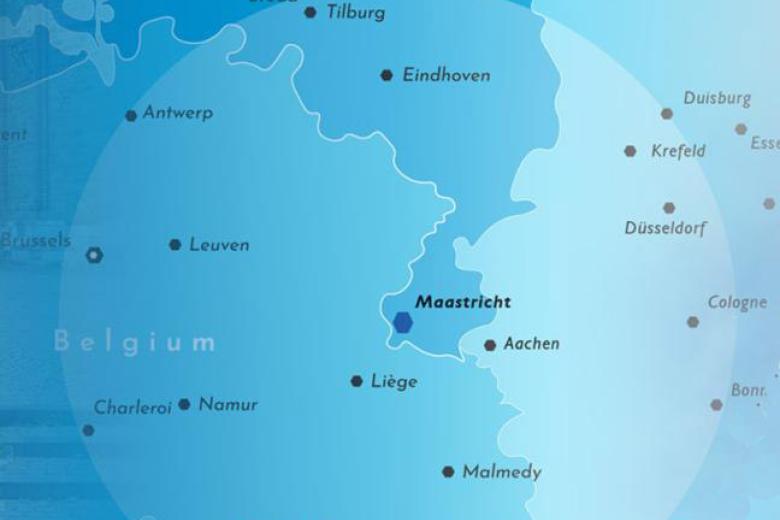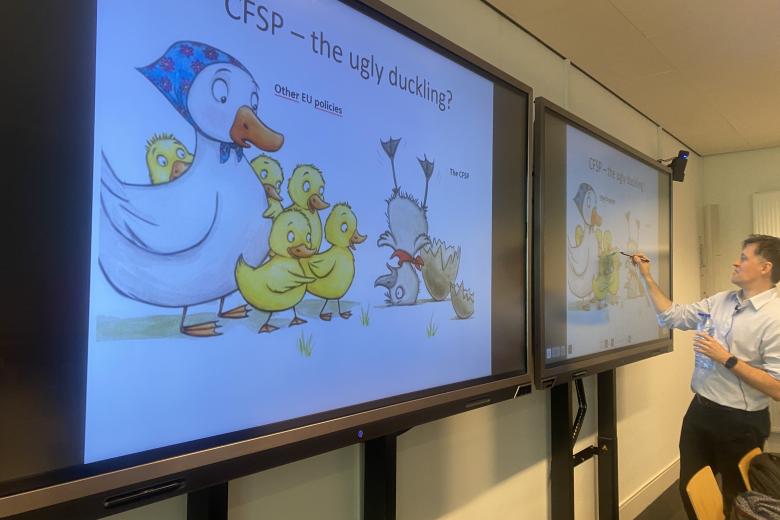The Professional Qualifications Directive: Still No Compliance?
In the EU, the mobility of many professionals is governed by the Professional Qualifications Directive. The instrument was introduced in 2005 and adapted in 2013. Due to be implemented on 18 January 2016, the directive’s transposition apparently leaves much to be desired. On 7 March 2019 the Commission issued a large number of infringement proceedings against the Member States for having incorrectly transposed the directive.
Making use of qualifications across Member States is an important aspect related to transnational and cross-border mobility. Of course, labour market access is, in principle, free due to the free movement articles enshrined in the EU Treaties. Nevertheless, one group of professionals may be restricted in their mobility. Some professions are regulated, meaning that requirements related to diplomas and work experience (i.e. qualifications) are laid down by law. In order to prevent national laws containing qualification requirements from forming too much of an obstacle to mobility Directive 2005/36/EC was adopted.
Directive 2005/36/EC, also known as the Professional Qualifications Directive, underwent extensive modernisation through Directive 2013/55/EU. Although the deadline for its implementation already passed over three years ago, the Member States are apparently still not in compliance. On 7 March the European Commission initiated infringement proceedings against almost all EU Member States. Whereas 24 Member States received reasoned opinions, two Member States received letters of formal notice. This means that Member States will have two months to reply. Should the reply prove unsatisfactory, 24 Member States may be referred to the Court of Justice while the remaining two Member States may receive reasoned opinions.
It is not the first time that such proceedings were initiated against a large number of Member States in the context of the Professional Qualifications Directive. Back in 2016, 14 Member States, among which the Benelux countries and Germany, received reasoned opinions. Back then, the procedures mainly concerned the lack of communication about the transposition of the directive into national law. Ultimately, the infringement cases initiated for the Benelux countries and Germany were closed between February 2017 and March 2018[1].
The present infringement proceedings concern a wide array of topics under the Professional Qualifications Directive. According to the Commission, the Member States have failed to implement correctly some core aspects of the modernisation of Directive 2013/55/EU. In particular, the proceedings concern the European Professional Card, the alert mechanism, principle of partial access, proportionality of language requirements, setting up of assistance centres, and the transparency and proportionality of regulatory obstacles.
[1] To look up infringement proceedings please visit the EU website .
Want to learn more about the Professional Qualifications Directive and the 2013 modernisation? Visit the ITEM Cross-border Portal.
Also read
-
DigiMach places Meuse-Rhine Euroregion at the heart of industrial digitalisation
DigiMach (Digital Machining) is a new cross-border project uniting Belgium, Germany, and the Netherlands around a common goal: accelerating the digitalisation of the machining industry in the Meuse-Rhine Euroregion.
-
Globalisation & Law Network seminar with Áine Ryall
On 24 November 2025, the Globalisation & Law Network, together with the Institute for Globalisation and International Regulation (IGIR) held the seminar with Professor Áine Ryall.
-
Guest Lecture: Lóránt Havas explores current challenges in the EU’s CFSP
Lóránt Havas delivered a guest lecture on the EU’s evolving CFSP, discussing key legal developments, institutional challenges, and new defence instruments.